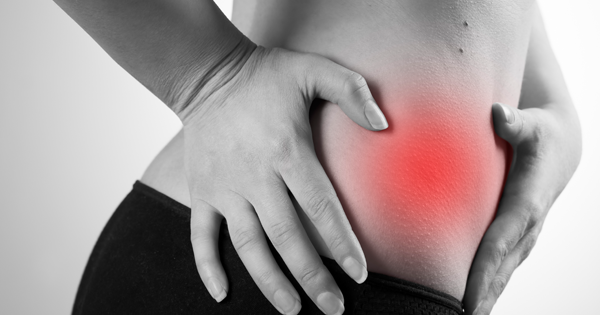Advertisement
Appendicitis is in the news a bit more than usual lately, as The Daily Show host Trevor Noah was afflicted with it last week.
But what is it and what do you need to know about it? Here are the basics.
- Where is my appendix? Your appendix is a worthless pouch that’s attached to your large intestine. When it gets inflamed, common indicators are belly button pain and right-side abdominal pain. However, you may not even feel it, or you may not feel it in the same place. Symptoms may present at any location. If pain in any part of the lower abdomen is accompanied by fever, nausea and vomiting, and bloating, you should see your doctor about it ASAP.
- What if the pain goes away? That doesn’t mean your pain is over. If you feel the pain, but it stops, it could just be that your appendix ruptured. This means that fluids are allowed to seep in, and could cause peritonitis, which could be life-threatening. This requires that your appendix be removed immediately.
- Who’s at risk? Adolescents and young adults, mostly. The most common sufferers are between the ages of 10 and 30. However, it’s becoming more common in older people. In 30-69 year olds, the number of cases has increased by 6.3 percent over the past fifteen years. Appendicitis is also more common in men.
- Do I need to get it removed? Though typical cases of appendicitis do need surgery, antibiotics may actually take care of a mild case. 80 percent of cases are this mild variety, meaning you may not have to get surgery after all. Doctors can do a CT scan to see if it needs to be removed.
So if you get belly button pain, don’t fret! You may be able to keep that tiny thing after all.




